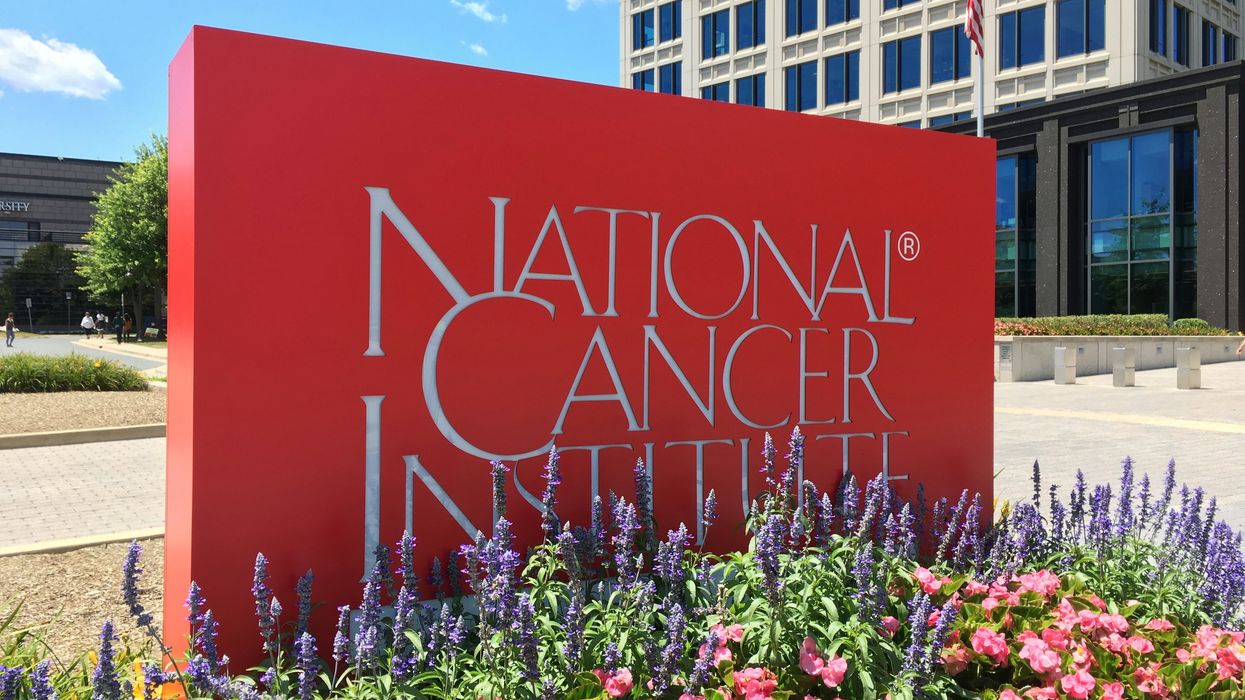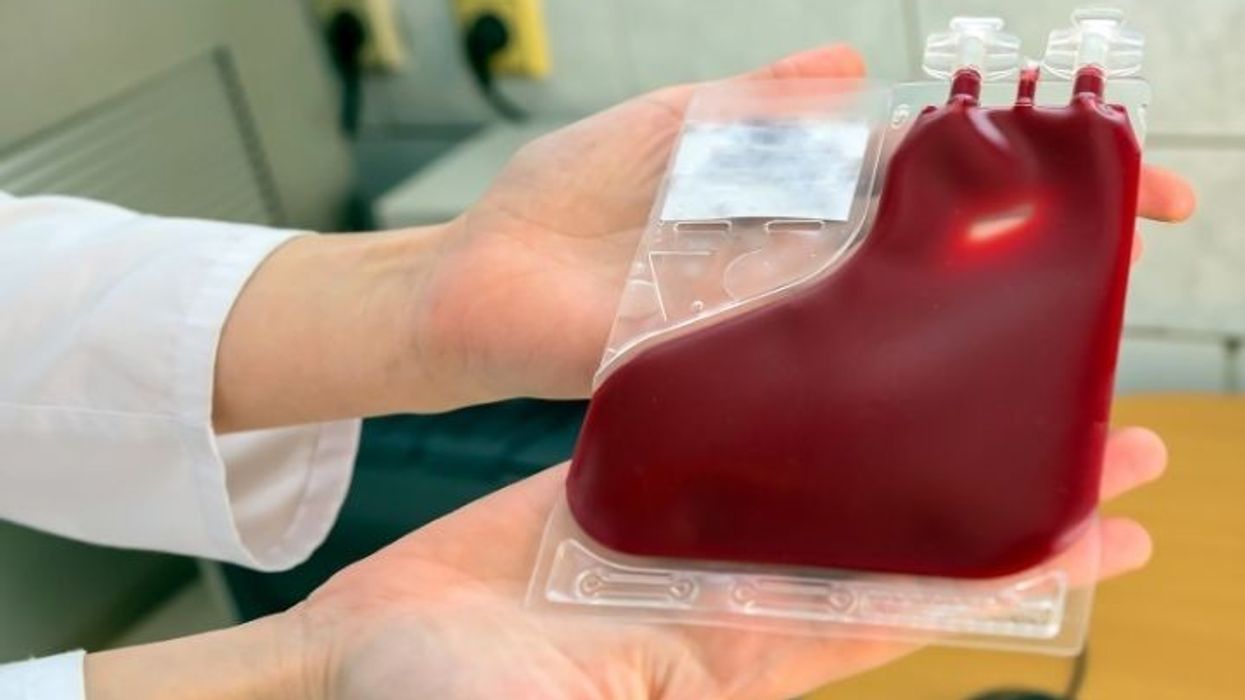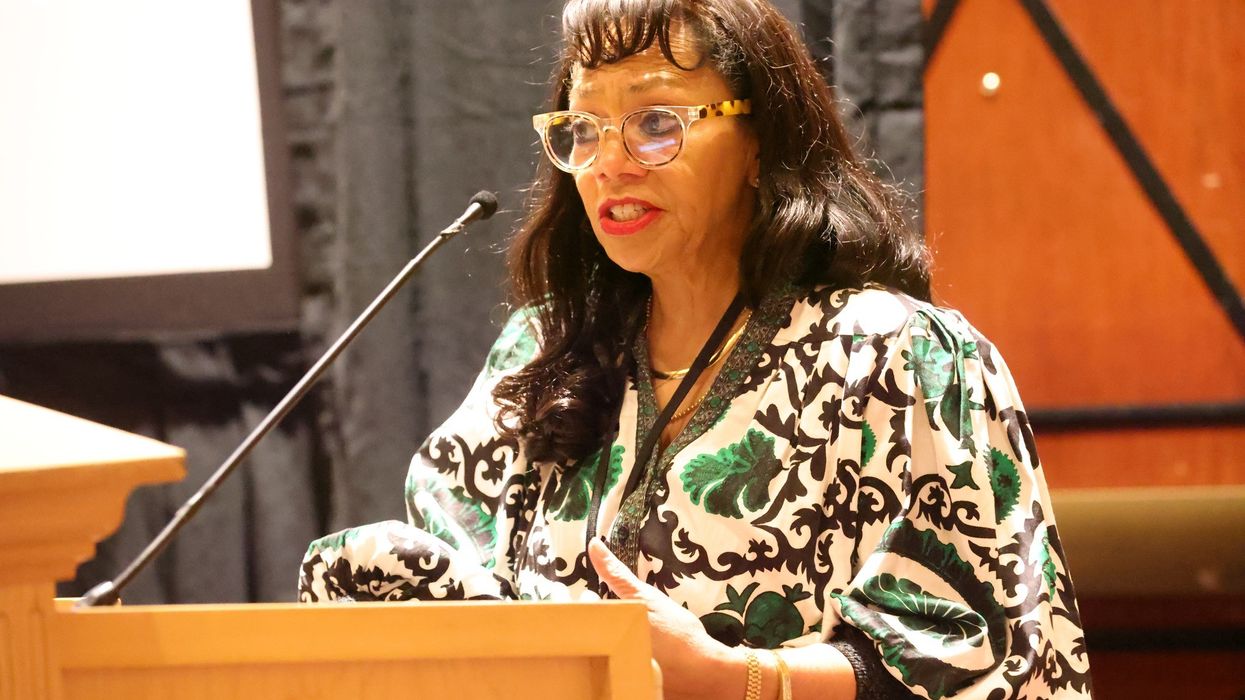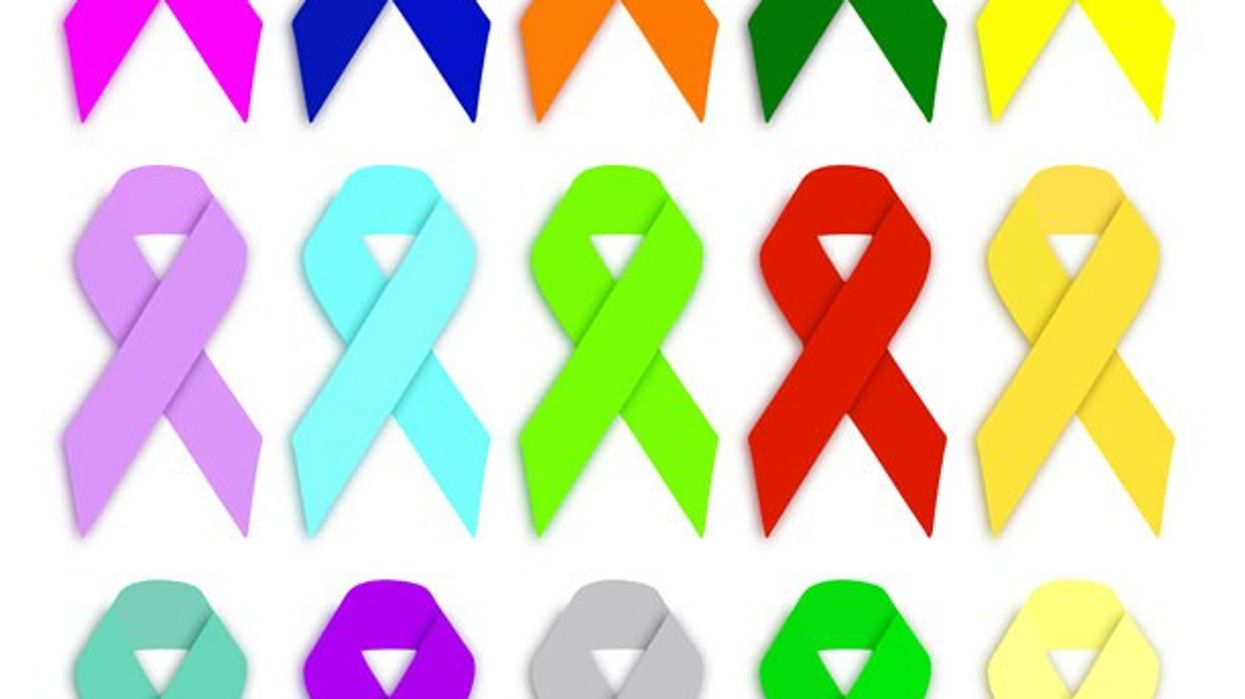Over the past few decades, there has been a noticeable shift towards more inclusive adoption policies that allow LGBTQ+ people to adopt children. This change has been driven by a combination of evolving public opinions about LGBTQ+ rights and scientific research that supports the well-being of children raised in LGBTQ+ families. Countries like the United States, Canada, and many in Western Europe have made significant strides. In the United States, the Supreme Court’s legalization of same-sex marriage in 2015 paved the way for more uniform adoption rights among states. Similarly, in the UK, the Adoption and Children Act 2002 allowed unmarried couples, including same-sex couples, to apply for adoption jointly.
Research has consistently shown that children raised in LGBTQ+ families perform just as well on various measures of emotional, psychological, and social well-being as children raised in heterosexual families. The main determinants of a child’s well-being are the same in any family: stable relationships, a loving environment, and adequate economic support. LGBTQ+ adoption can alleviate the pressures on the foster care system. In the United States alone, there are over 400,000 children in foster care, many of whom need permanent, loving homes. LGBTQ+ individuals and couples often provide those homes, not only to infants but also to older children and those with special needs, who are statistically less likely to be adopted.
Despite progress, LGBTQ adoptive parents often face legal and societal challenges. In some regions, laws explicitly prohibit LGBTQ+ individuals from adopting or fostering children. Even in more progressive areas, biases and misconceptions can still persist among adoption agencies and biological parents, potentially leading to discrimination during the adoption process. Internationally, the situation can be even more complex. Some countries that are popular origins for international adoptions do not allow LGBTQ+ individuals or couples from other countries to adopt children. Furthermore, varying legal recognitions of LGBTQ+ families across borders can create complications in international adoptions.
Advocacy for LGBTQ+ adoption rights continues to be crucial. Organizations worldwide are working to promote inclusivity in adoption policies and to support LGBTQ+ adoptive families. They provide resources, support networks, and legal assistance while also campaigning for policy changes and raising public awareness about the capabilities of LGBTQ+ individuals and couples as parents. Education is also important to overcoming resistance to LGBTQ+ adoption. Dispelling myths and sharing research and stories about successful LGBTQ+ families can help shift public opinion and reduce stigmatization.
Adoption in the LGBTQ+ community has seen encouraging progress, but the path forward still requires vigilance against discrimination and advocacy for equal rights. Every child deserves a chance to thrive in a loving home, and LGBTQ+ individuals and couples are crucial in providing these opportunities. As societies continue to advance in understanding and acceptance, the hope is that adoption will become an unequivocally accessible and celebrated option for every potential parent, regardless of their sexual orientation or gender identity.
















 Ragina Ireland has been lovingly supported throughout her cancer journey by her sister, Johnnie Ireland. Four years ago, Ragina took a Cancer Genetic Risk Assessment test to help give her sister a clearer understanding of her own risk for developing breast cancer.
Ragina Ireland has been lovingly supported throughout her cancer journey by her sister, Johnnie Ireland. Four years ago, Ragina took a Cancer Genetic Risk Assessment test to help give her sister a clearer understanding of her own risk for developing breast cancer.  Dr. Cary S. Kaufman teaches the "Essentials of Oncoplastic Surgery" course through the National Consortium of Breast Centers, providing breast surgeons around the world with advanced techniques for optimal breast surgery outcomes.
Dr. Cary S. Kaufman teaches the "Essentials of Oncoplastic Surgery" course through the National Consortium of Breast Centers, providing breast surgeons around the world with advanced techniques for optimal breast surgery outcomes.